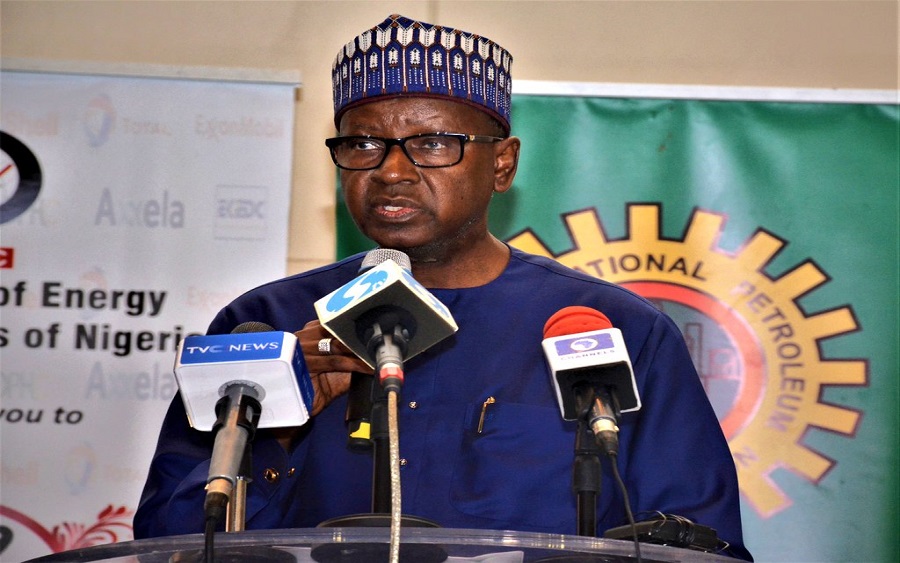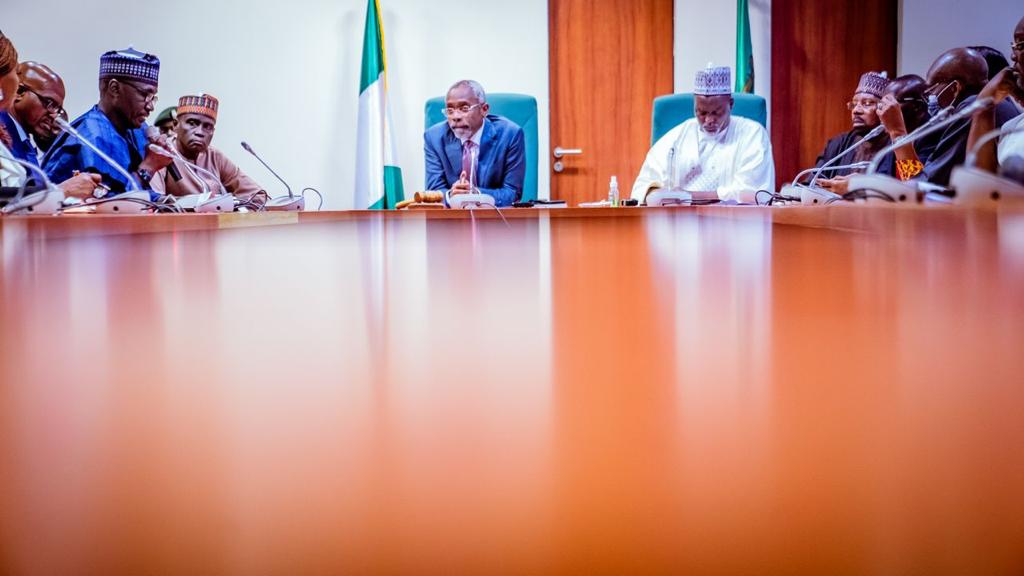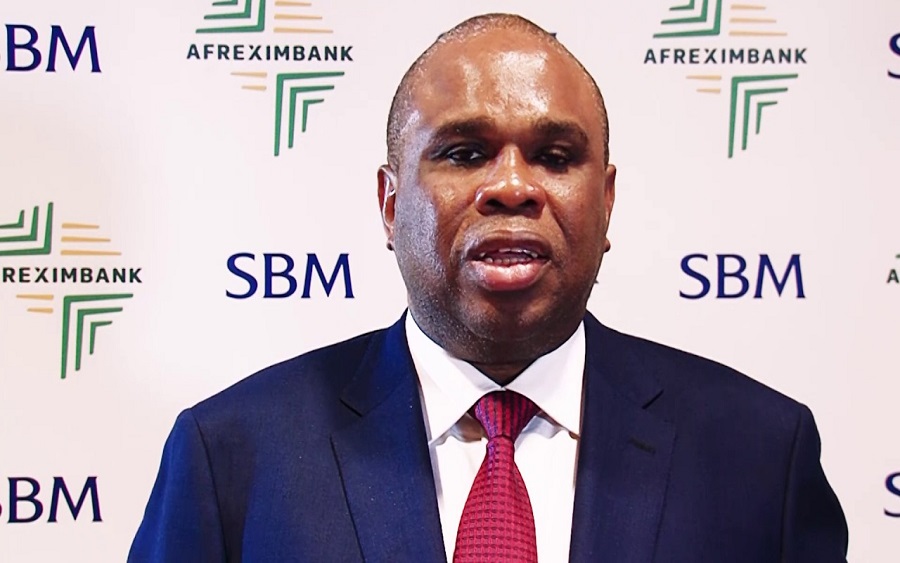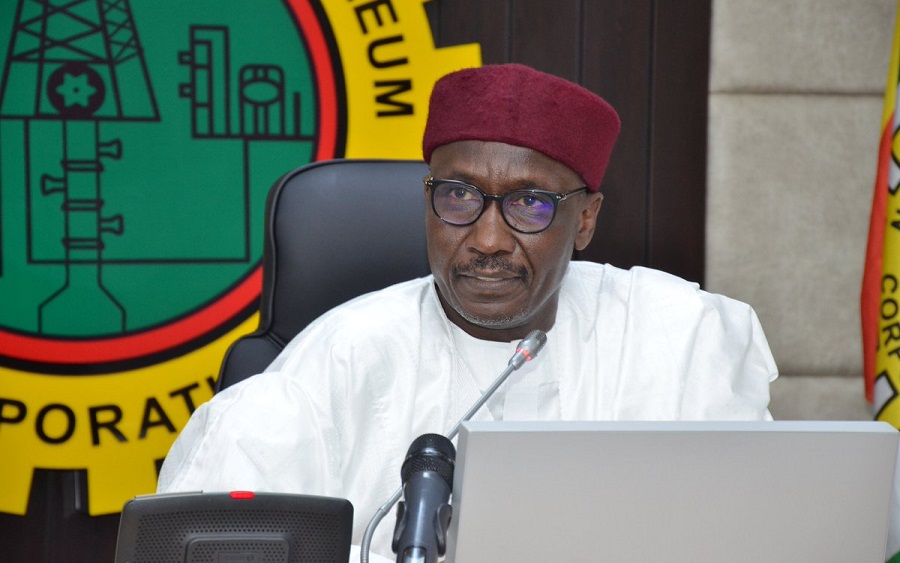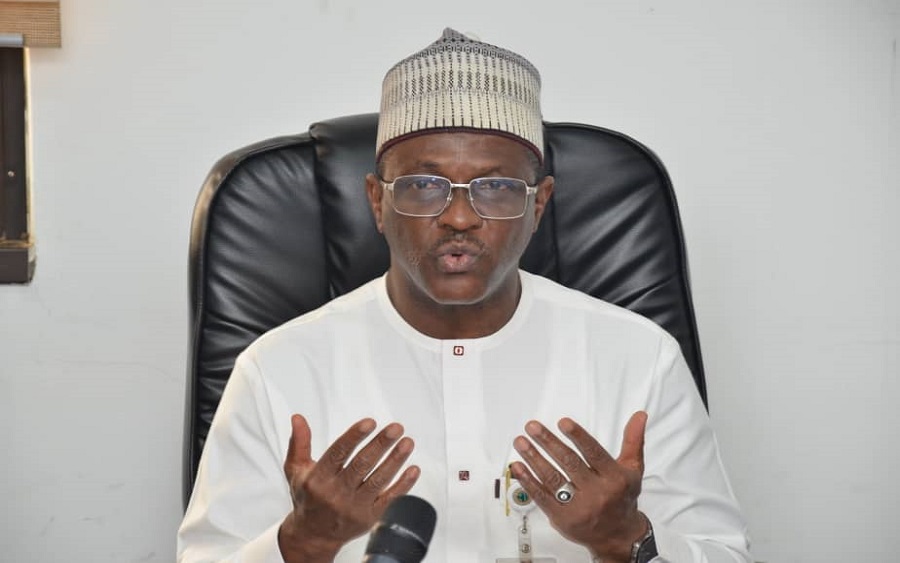The Nigerian National Petroleum Corporation (NNPC) and CMES-OMS Petroleum Development Company (CPDC) have signed a $875.75 million deal for funding, technical services and alternative financing of the Oil Mining Lease (OML) 65 operated by the Corporation.
This was revealed in a statement by the spokesperson of NNPC, Ndu Ughamadu.
The Details: The deal was signed by the Chief Financial Officer, NNPC, Umar Ajiya, on behalf of the corporation. He said the deal would provide a comprehensive financing solution to every complex issue affecting NPDC’s production. The deal is targeted at reducing cost of capital while maximizing value preservation.
The CPDC has a right to provide technical services, which include drilling and completion services, building capacity and technology transfer, and generating employment opportunities for youths.
[READ MORE: Why NNPC may sack depot managers]
Impact: The deal is expected to create a positive multiplier effect on the nation’s economy, among other considerations. Ajiya noted that the collaboration between the NPDC and CPDC would translate in real terms to the efficient execution of the scope of activities for the optimal development of the OML 65 asset within cost and schedule, while maximising value to all the stakeholders.
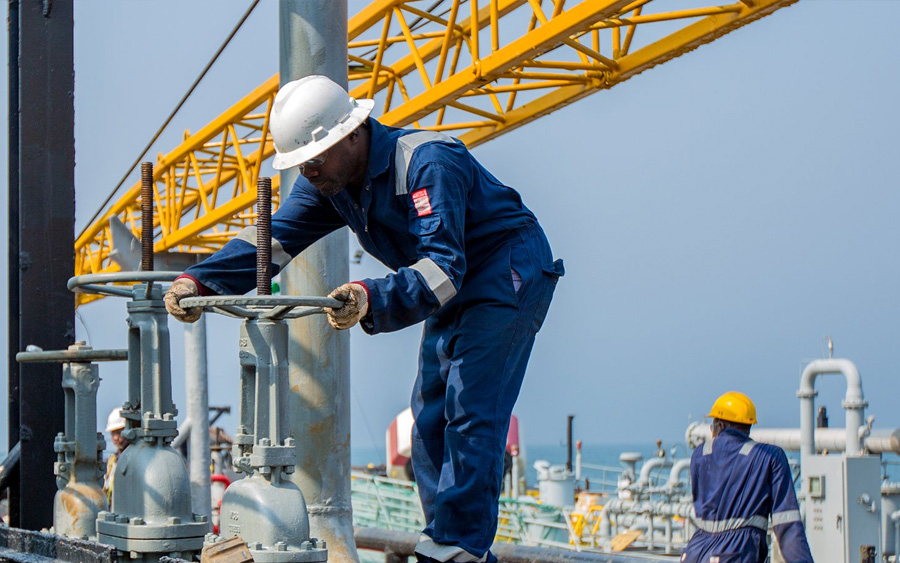
The project would increase the production of OML 65 from 900 barrels per day to 60,000 barrels per day, with an average production over field life at 40,000 barrels per day. It is also meant to fast-track the development of the NPDC’s underdeveloped assets.
The statement added that the project was expected to generate over $6.35 billion in taxes and royalties to the federation to support government’s medium to long-term economic development agenda.
A Nairametrics report stated that the NNPC would commence full rehabilitation of the nation’s three refineries by January 2020. According to the Group Managing Director of NNPC, Malam Mele Kyari, the rehabilitation is part of his strong determination and commitment to ensure that the nation’s refineries deliver real time value and address the petroleum needs of Nigerians.
[READ ALSO: NNPC reveals why it won’t renew oil block licenses for IOCs]

